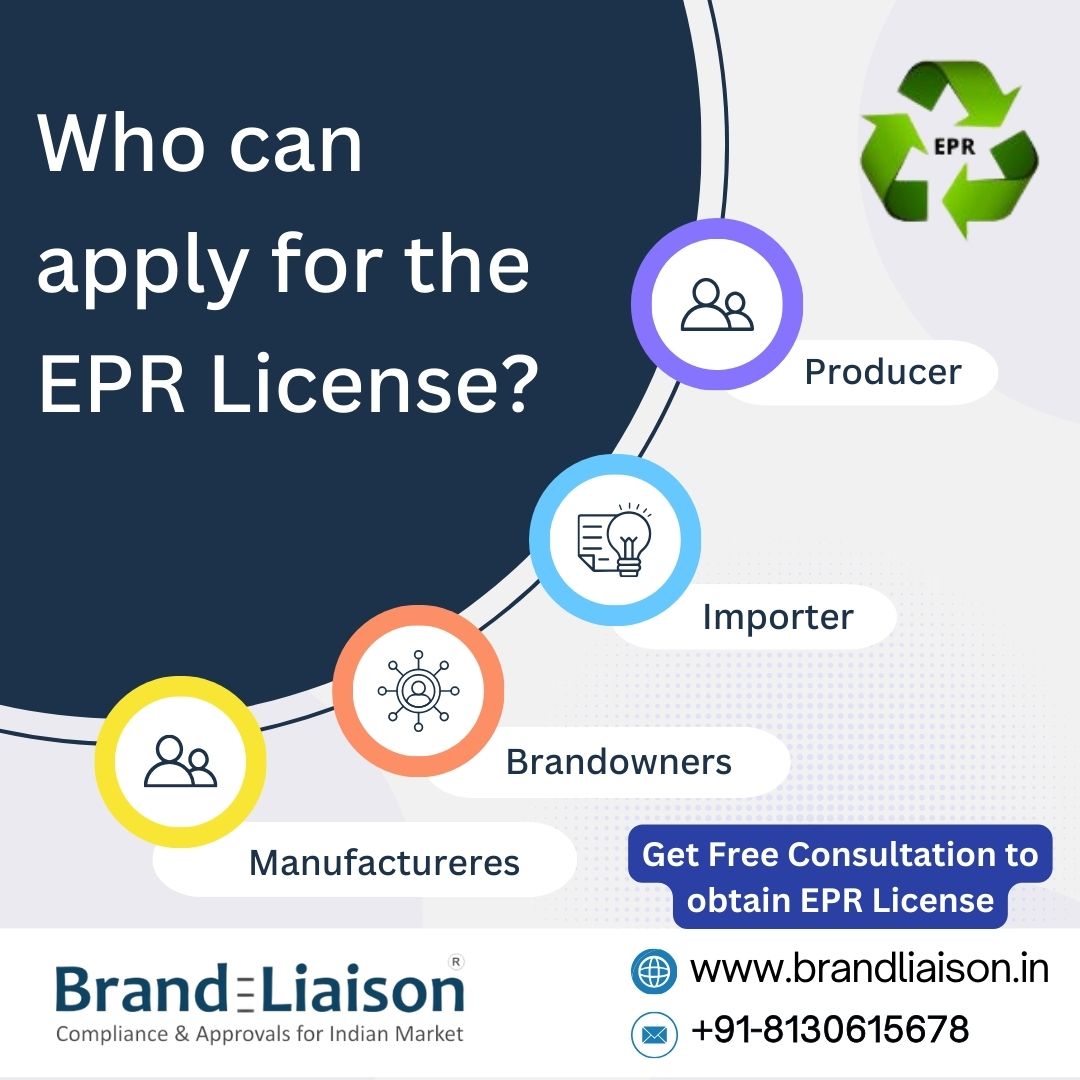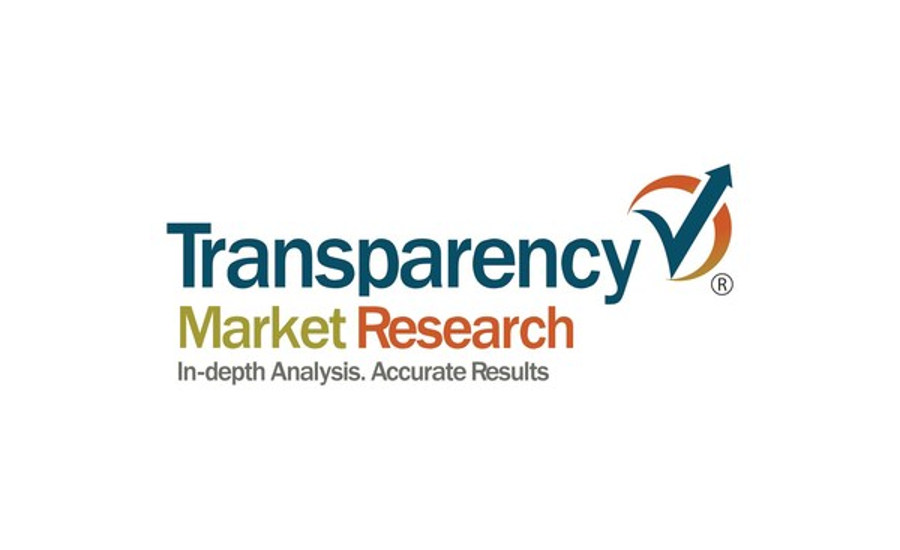Extended Producer Responsibility (EPR) registration is necessary for both plastic waste and e-waste management because it holds manufacturers accountable for the disposal of their products after they have reached the end of their useful life. EPR authorization in India requires manufacturers to take responsibility for the entire lifecycle of their products, from production to disposal.
In the case of electronic products, manufacturers are required to register under EPR and take steps to ensure that their products are collected, recycled, or disposed of in an environmentally sound manner. This helps to reduce the amount of e-waste that ends up in landfills, where it can leach hazardous chemicals into the environment.
Similarly, EPR registration is necessary for plastic waste management as it requires manufacturers to be responsible for the disposal of their plastic products. EPR programs ensure that manufacturers of plastic products contribute to the cost of managing the plastic waste generated by their products and that they take steps to reduce the environmental impact of the products in the entire period of their lifecycle.
Significance of EPR Authorization
EPR registration is necessary for plastic waste and e-waste management because it assigns the responsibility for managing the waste to the producer or manufacturer of the product, rather than the end-user or government. This approach provides incentives for manufacturers to design products with recyclability in mind and to take responsibility for their waste throughout the entire lifecycle of the product. By requiring EPR registration, the government can ensure that manufacturers are properly collecting, channelizing, disassembling, and disposing of electronic and plastic waste in an environmentally friendly manner. Additionally, EPR registration helps to create a more sustainable economy and reduce the environmental impact of waste by promoting the reuse and recycling of materials.
Why EPR Registration is Necessary
- EPR Authorization Registration refers to the process of managing e-waste in an environmentally friendly manner for conducting business.
- All manufacturers of electronic equipment and products, including but not limited to LED TVs and parts, washing machines, computers and computer parts, laptops, batteries, air conditioners, telephones, and smartphones, are required to obtain an EPR certificate.
- Under EPR registration authorization, the government has implemented measures to ensure proper collection, channelization, disassembly, and disposal of electronic waste at the end of its life.
- Every manufacturer of electrical and electronic equipment (EEE) is required to obtain EPR Registration Authorization to ensure that e-waste is channeled to an authorized business.
Important Points of EPR Registration
- EPR Authorization Registration focuses on managing the phase after consumers use certain goods.
- This policy approach holds manufacturers responsible for the proper treatment or disposal of post-consumer products, either financially or physically. By assigning such responsibility, it can incentivize waste prevention, encourage environmentally friendly product design, and promote recycling.
- The EPR license is overseen by the Central Pollution Control Board (CPCB) and applies to 22 products, including IT/telecommunication/consumer durables.
- To adhere to EPR regulations for plastic waste management, companies are required to sign an agreement with a recycler who will collect the waste and deposit it with the CPCB department every quarter. Moreover, they must submit quarterly returns to the CPCB department.
Final Words
If you are involved in the manufacturing, importing, branding, or processing of plastic packaging, and your product falls under EPR authorization, you will need to register through the centralized online portal of the Central Pollution Control Board (CPCB) created for EPR registration. An EPR Registration certificate from CPCB is mandatory for such businesses.
Entities such as Producers, Importers, Brand Owners (PIBOs), and Plastic Waste Processors (PWPs) cannot carry out their activities without obtaining EPR registration for plastic waste management from CPCB. To obtain plastic waste management registration, interested parties are required to submit an application at the CPCB’s centralized EPR portal.



